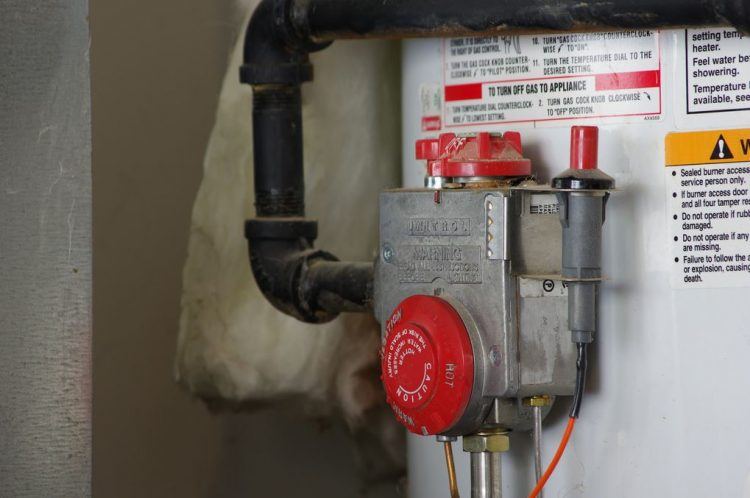
Your water heater is used more than any other appliance in your home, but you probably don’t give it much thought until something goes wrong. The best way to extend the life of your water heater and avoid waking up one morning to discover your hot water is gone is sticking to a maintenance schedule. Here are 5 important things you need to know about keeping your home in hot water.
Flush Your Water Heater Annually
Your water heater will lose its effectiveness over time due to an accumulation of minerals. If these minerals are allowed to build up for too long, they can even shorten the lifespan of your water heater, reduce your water pressure, or cause a pipe to burst. To prevent this sediment buildup, you or a technician from a company like Slater H & Son Pty Ltd can attach a hose to the tank, empty it of water and sediment, and fill it back up. Flushing your water heater periodically removes the sediment and debris that may cause your heater to malfunction.
Inspect the Anode Rod Every 3 Years
The anode rod should be inspected occasionally by unscrewing and removing it. This rod is a passive but effective way to prevent corrosion in the tank as it’s made from metals more susceptible to corrosion than steel and alloys. Corrosion usually feeds on the most vulnerable metals first so the anode rod works as a target for corrosion to protect the sides of the tank. The sacrificial anode rod needs to be replaced if you have more than 6 inches of exposed core steel wire, the rode is less than half an inch thick, or it’s coated with calcium deposits.
Replacing Heating Elements as Needed
When your water heater no longer heats water as it did or keeps water hot, it’s a sign you need to replace your heating elements. Most electric water heaters have two elements: one on top and one on the bottom. You may still have hot water if one element goes bad, but depending on which element goes out, you may have water that is only lukewarm or hot water that doesn’t last long. When replacing heating elements, make sure you do not turn the power back on to the water heater until the tank is full again. Otherwise, your elements will immediately burn out.
Routinely Check for Leaks
It’s important to inspect your water heater every month or so to look for leaks at the joints or the tank itself. Check for corrosion at the plumbing joints, the condition of any couplings, and the pressure relief and temperature valves to ensure they open and close freely. Any water around your water heater is a sign of a leak, whether it’s plumbing connections or the tank itself.
Your Recirculating Pump Needs Maintenance, Too
A recirculating pump works by slowly returning hot water through your pipes back to your water heater with a dedicated line or using your cold water line. If your hot water system is equipped with a recirculating pump, it does require some routine care. The pump has moving parts like the motor bearings that need to be periodically lubricated. Ensure the pipes are well-insulated to avoid heat loss and watch for corrosion that can cause leaks.


Comments
Loading…